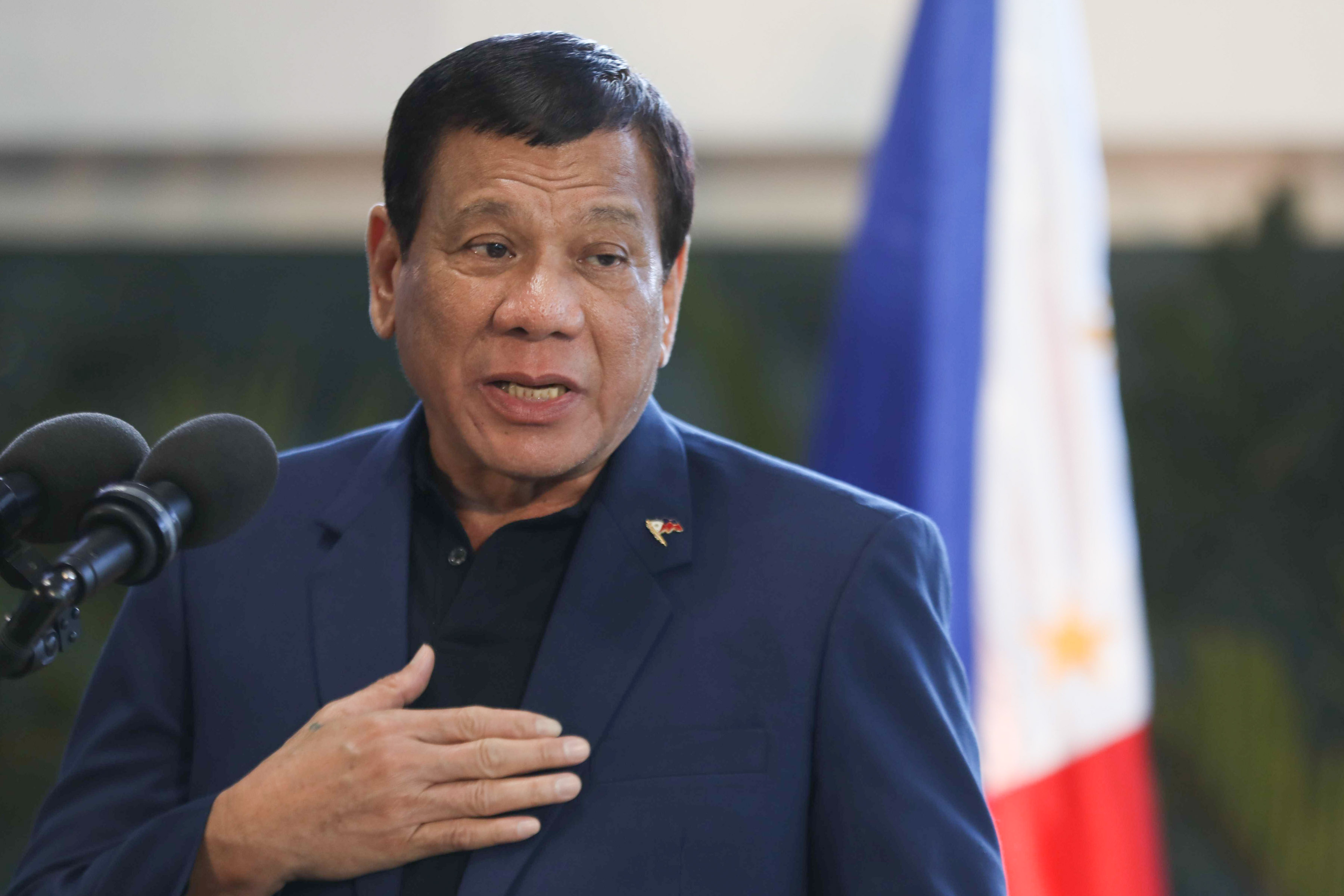
The President must explain to Congress.
The Constitution obligates him to. He need not appear before the legislators in person, but he must, at the very least, send a written explanation. And whoever says that Congress need not convene to deliberate on the matter had better read the Constitution again. It is careless statements like these that confuse and confound.
The fundamental issue is what grounds to invoke to justify the declaration of martial law and thus how to characterize the actions of the Maute Group. The President's choices are limited to only two: Invasion or rebellion (which the Revised Penal Code makes synonymous with "insurrection"). On top of this, he must show that public safety necessitated the declaration of martial law.
Because of the supposed ISIS connection of the Maute group, the "invasion" track might at first seem plausible. But there are severe problems, foremost among which is the problem of fact. What, exactly, is the connection between Maute and ISIS, if any? Maute can claim that it pledges allegiance to ISIS. That will not make it part of ISIS nor even an agent of this clearly terrorist organization. Then there is the problem of law.
International law provides a definition of “invasion”. Philippine laws do not, because invasion is not a crime punishable by our Revised Penal Code, although the acts connected with or in furtherance of invasion may be crimes under the RPC. Under General Assembly Resolution 3314 (XXIX), the following is the legal notion of invasion:
"Any of the following acts, regardless of a declaration of war, shall, subject to and in accordance with the provisions of article 2, qualify as an act of aggression: The invasion or attack by the armed forces of a State of the territory of another State, or any military occupation, however temporary, resulting from such invasion or attack, or any annexation by the use of force of the territory of another State or part thereof xxx."
Consequently, invasion is an act of “aggression” by the armed forces of a State of the territory of another State. Clearly, under this definition, the acts of the Maute Group in Marawi do not constitute invasion. Even assuming that Maute and ISIS are allied, ISIS is not a state, although it calls itself “Islamic state” no other State recognizes it as a state.
Rebellion and prosecution
The only alternative left is to justify the declaration of martial law by characterizing Maute acts as “rebellion”.
And since the purpose of the group is to remove a part of the territory of the Philippines from allegiance to the government as well as to deprive the President of his powers over some part of the Philippines even if only partially (Art. 134, RPC), this position is tenable.

The next question is: How are the perpetrators to be prosecuted? This is of course an independent issue from the issue of the justification for the declaration of martial law.
First, the offenders may be prosecuted for the crime of rebellion. Please notice that under the amendment to the RPC brought about by R.A. 6968, rebellion need not involve murder, arson, and destruction to property. The gravamen of the crime of rebellion is “rising publicly and taking arms against the Government for the purpose of removing from the allegiance to said Government or its laws, the territory of the Republic or the Philippines or any part thereof xxx”.
Consequently, one charged with rebellion may be charged separately for whatever common crimes may be committed such as murder, homicide or arson, as long as it is not alleged that such acts were in furtherance of the rebellion – because there is no necessity to so allege.
In fact, it would be better to charge the offenders under the provisions of R.A. 9372, Section 3, “B”, also known as the "Human Security Act" of the Philippines, our version of the anti-terrorism law. Rebellion is one of the predicate offenses of terrorism – and the penalty is more severe: forty years imprisonment without possibility of parole.
There are equities to weigh.
On the one hand, it is never helpful to so constrict the powers of the President to cope with national emergencies. I have repeatedly sounded the warning: When you use the Constitution to shackle the President and he is faced with a grave threat (rightly or wrongly perceived), the temptation to break away from the letter of the Constitution increases until it becomes irresistible.
But when, as under the Constitution of 1935, the provisions are few and so much is left to executive discernment – provided we elect the right officials – then the Executive has enough maneuvering space within which to act decisively and still remain within constitutional confines. This is not merely a question of keeping a written document in place. It is a matter of securing a framework that allows our citizens to continue invoking their rights.
And it will certainly not help to warn that martial law may be expanded to cover the entire country without showing why this is to be done – since the people of Luzon and most of the Visayas have thus far – God be praised – been spared from the threat that has made of Marawi City virtually a war zone.
This will only feed the flames of suspicion that martial law was planned long ago. And, while "Batas Militar" has been traditionally used to translate "martial law" that only muddles concepts because military law is one thing – the law that binds members of the military, including the system of military justice – and martial law is quite another, although it involves the participation of the military in suppressing invasion or rebellion and in the conduct of the daily affairs of government. – Rappler.com
The author is vice president of the Cagayan State University and Dean, Graduate School of Law of San Beda College.